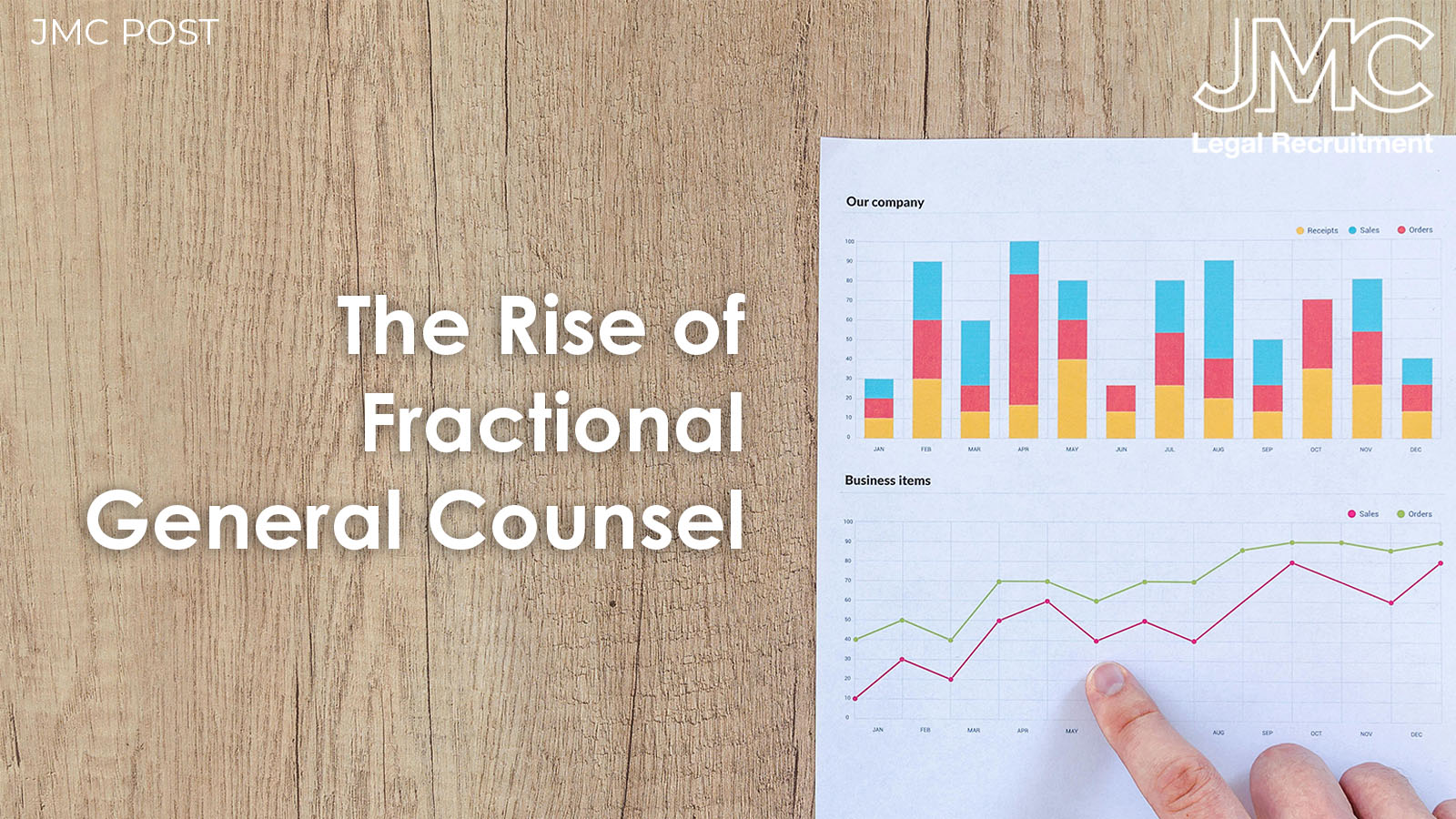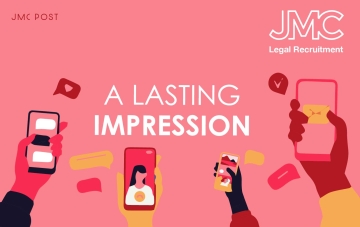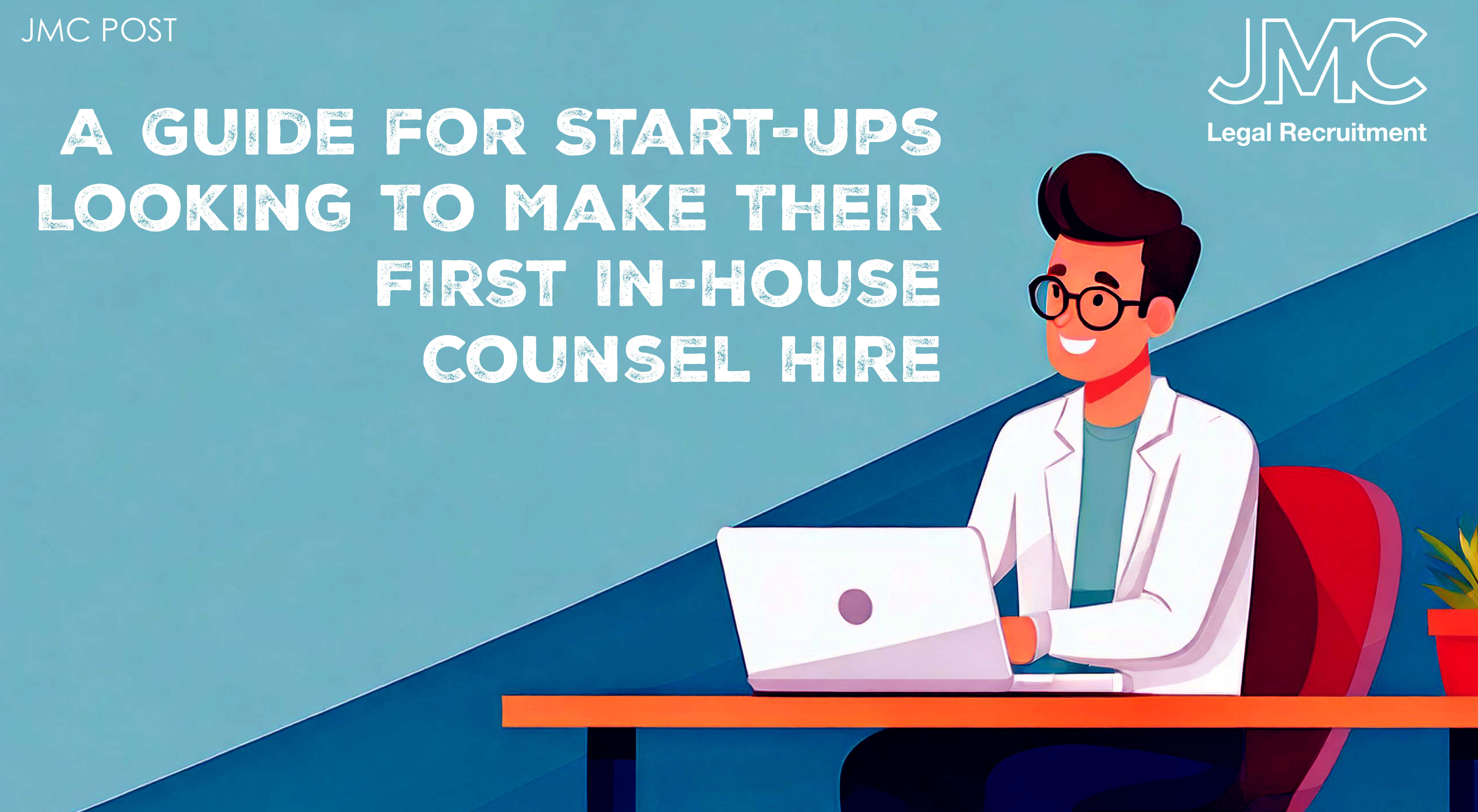
A Lasting Impression
19 Aug, 20223 Mins
We’ve all done things we hope people forget quickly. Bad fashion choices, embarrassing dance moves, awkward comments to the boss…and that’s just a typical day in this office! ????
It’s nice to feel we can leave a good impression, but that’s not always easy online. When that drunken photo of you wearing a mankini in 2011 is the first thing that pops up when people search your name, it’s understandable to want to get rid of it. It’s even more of an issue if it’s personal information like email addresses, phone numbers and home addresses.
Until 2014, you had no legal grounds to get anything about you removed from a search listing. Then in 2014, the European Union’s Court of Justice backed the ‘right to be forgotten’ when Google Spain were challenged by Costeja Gonzalez, who couldn’t get an auction notice of his repossessed home from 1998 deleted from a newspaper website.
Companies and social media firms now have a responsibility to erase personal data on individuals when asked. But there’s a couple of caveats - the right to be forgotten isn’t an absolute right, but must be balanced against others, such as the freedom of expression.
The good news is that the law is catching up to our right to privacy and Google Support has recently made it easier to remove private data from search engines, even if you struggle to get a company to remove content from its website.
For companies, they must be increasingly careful in how they use, store and share our data and have to respond to requests from the public to have personal information deleted within 1 month. If they get this wrong, there are now clear legal consequences.
Written by Jason Connolly




